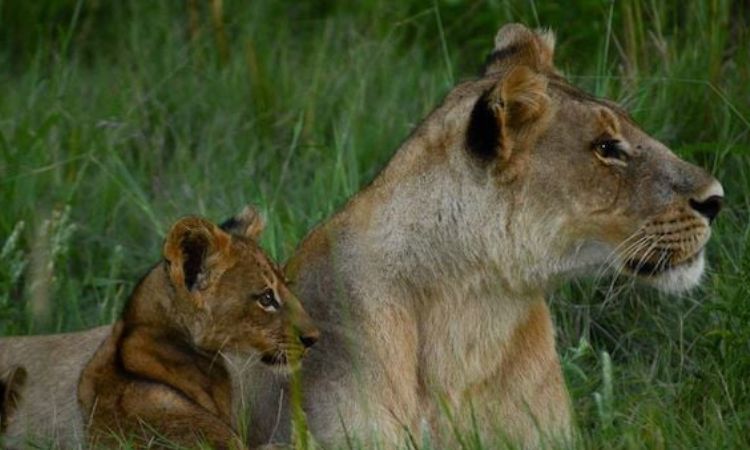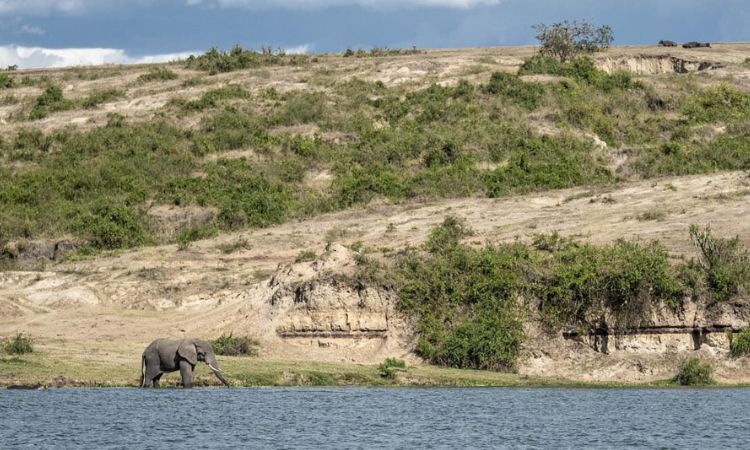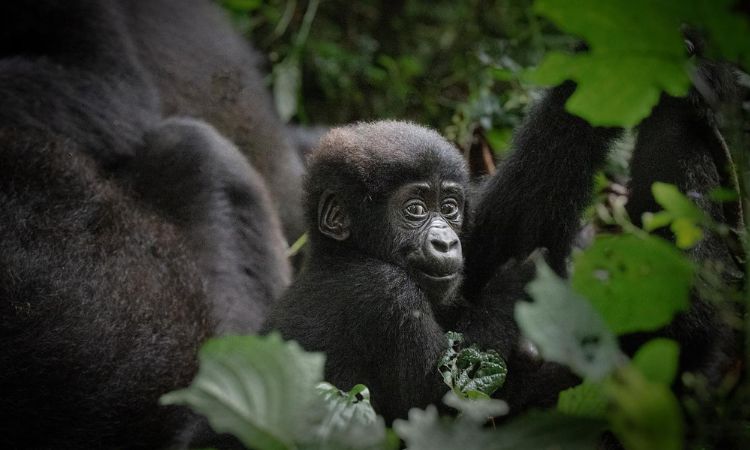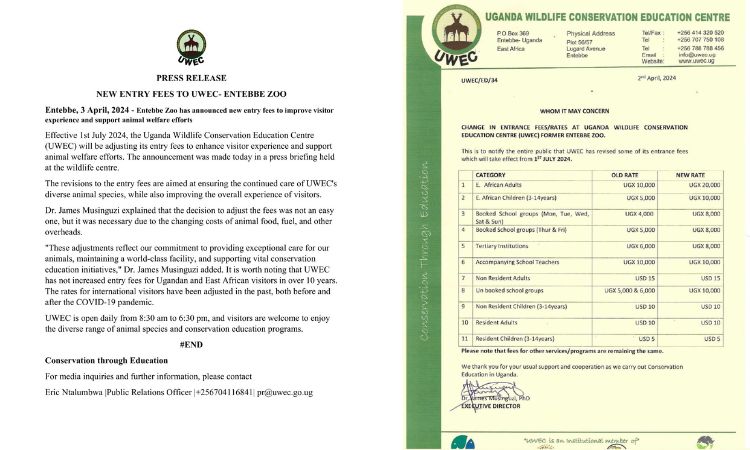How Much Does an African Safari Cost: A 2025 Complete Guide
An African safari is more than a vacation—it’s a gateway to untamed wilderness, where you can witness the Great Migration’s thunderous herds or come face-to-face with a silverback gorilla.
But the burning question for many dreamers is: How much does it actually cost? In 2025, prices vary wildly depending on destination, luxury level, season, and itinerary length, ranging from budget-friendly $150 per person per night to ultra-luxury $1,500 or more.
For a typical 7-10 day trip for luxurious travelers, expect to budget $3,000-$15,000 per person, excluding international flights. This guide breaks it down for different groups of travelers—budget, midrange, and luxurious travelers—drawing on current trends to help you plan without breaking the bank.
Factors Influencing African Safari Costs
Here are the key elements dictating African safari costs, each summarized in approximately 40 words for clarity and conciseness, based on trends in 2025:
- Destination: South Africa and Namibia offer budget-friendly self-drive safaris with favorable exchange rates, while East Africa’s iconic Maasai Mara, Serengeti, and Bwindi command higher prices due to premium wildlife experiences and limited access.
- Season: Peak dry seasons (June-October in East Africa, May-September in Southern) inflate costs 20-50% for optimal wildlife viewing. Low season (November-March) cuts prices but brings rain, impacting accessibility and sightings.
- Luxury Level: Budget camping offers affordability with basic tents; mid-range lodges provide en-suite comfort; luxury camps include private plunges and gourmet dining. Higher tiers increase costs significantly for exclusivity and personalized service.
- Trip Length: Longer safaris multiply daily rates, inflating total costs. A 7-day trip amplifies expenses, especially with add-ons like gorilla permits ($800 in Uganda) or balloon rides ($500), requiring careful budgeting.
- Group Size: Solo travelers face single supplements, adding up to 50% extra. Couples or families split accommodation and vehicle costs, reducing per-person expenses, making group travel a cost-effective option for safaris.

Detailed Cost Breakdown
For transparency, here’s a real-world breakdown of key African safari expenses in 2025, based on popular destinations like Tanzania (Serengeti), South Africa (Kruger), and Uganda (Bwindi/Kibale). Costs are in USD, per person unless noted, for non-residents/foreigners in high season (June-October).
Many packages bundle these, but self-planners should budget separately. Prices exclude VAT/taxes (10-18%) and can vary by operator.
Accommodation per Night
Lodging dominates safari budgets (40-60% of total). Budget: $100-$300 (shared tents/basic camps, e.g., Serengeti public campsites).
Mid-range: $300-$600 (comfortable lodges/tented camps with en-suites, e.g., Maasai Mara outposts). Luxury: $700-$2,000+ (exclusive camps with spas/private decks, e.g., Okavango Delta fly-in lodges). All-inclusive options cover meals/drives.
Park Entry Fees
Daily conservation fees fund wildlife protection; valid for 24 hours. Concession fees ($60–$70/night) apply for in-park stays. Examples for adults:
- Serengeti (Tanzania): $83/day (peak/low same in 2025; plus $71 concession/night).
- Kruger (South Africa): $27/day (international; SADC $14, SA citizens $10).
- Maasai Mara (Kenya): $80/day (post-2024 hikes).
- Bwindi (Uganda): $40/day (waived on gorilla trek day).
- Queen Elizabeth (Uganda): $40/day.
Budget $20–$80/day depending on park; often bundled in tours.
Permits (Gorillas, Chimpanzees)
Special permits for primate encounters; book 3–6 months ahead via authorities like Uganda Wildlife Authority (UWA). One-time fee per trek (1–4 hours).
- Gorilla Trekking (Bwindi, Uganda): $800/person (foreign non-residents; $700 residents, $500 other Africans).
- Gorilla Trekking (Rwanda, Volcanoes NP): $1,500/person.
- Chimpanzee Trekking (Kibale, Uganda): $250/person (1-hour; $100 in Kyambura Gorge).
- Chimpanzee Habituation (Kibale): $300/person (full-day).
These fund conservation; add-ons like habituation double costs.
Transport Costs (Car Rental, Flights, Fuel)
Getting around varies: self-drive for budget, charters for luxury. East/Southern Africa focus.
- Car Rental: $50–$150/day (4×4 like Toyota Land Cruiser; includes insurance; cheaper in South Africa at $40/day).
- Internal Flights: $200–$400 one-way (e.g., Nairobi to Maasai Mara or Arusha to Serengeti; small planes, 45–90 mins).
- Fuel: $1–$2/liter (e.g., 50–100 liters for a 300km self-drive day, totaling $50–$200; diesel 4x4s more efficient).
Road transfers in tours: $50–$100/day. Fly-in safaris add $300+/leg but save time.
Meals & Drinks (Some Lodges Are All-Inclusive)
Many mid/luxury packages are full-board (3 meals + non-alcoholic drinks); budget often excludes.
- Budget: $20–$40/day (simple meals like ugali/nyama choma; self-cater in South Africa).
- Mid/Luxury: Included ($50–$100 value/day; gourmet bush dinners, local beers/wines).
- Extras: Alcoholic drinks $5–$15 each; sodas $2–$3. All-inclusive covers most, but premium wines add $20–$50/meal.
Vegetarian/vegan options available; water is filtered/included.
Guide/Driver Fees & Tips
Guides (often driver-guides) enhance safety/expertise; fees bundled in private tours ($100–$200/day split). Tips are customary (cash in USD/local currency).
- Guide/Driver Fee: $100–$300/day (private; included in packages; group tours $50/day shared).
- Tips: $15–$25/day/person for guide (e.g., $20 for 2 people); $10–$15/day for camp staff; total $200–$400/trip.
Group size affects: solos pay more. Tipping jars common at lodges.
This breakdown totals $150–$2,000+/day all-in, excluding international flights ($800–$3,500). Opt for packages to bundle 60–80% of costs.
Destination-Specific Pricing
Africa’s diversity means tailored budgets.
South Africa is the entry point: Kruger’s self-drive safaris cost $150-$300/night, with lodges at $280-$1,000; an 8-day highlights tour runs $3,650/person. Park fees? Just $30/day. It’s ideal for DIY explorers.
Kenya shines for the Mara, but 2025 park fee hikes (e.g., $100/day in Mara) push mid-range private safaris to $300-$500/night; a 8-day classic trip: $3,925. Budget group tours start at $330/day.
Tanzania rivals Kenya for the Migration: Serengeti fees hit $80/day, with mid-range safaris $400-$700/night; 10-day luxury: $9,000-$14,100. Budget camping? $200-$350/day.
Uganda blends safaris with primates: Queen Elizabeth drives are $150-$400/night, but add $800 gorilla permits for a 6-day chimp/gorilla combo at $3,965. Mid-range overall: $500-$1,500/night.
Botswana’s Delta is pricier ($600-$2,000/night) due to exclusivity, but Namibia’s Etosha offers budget value at $200/day.
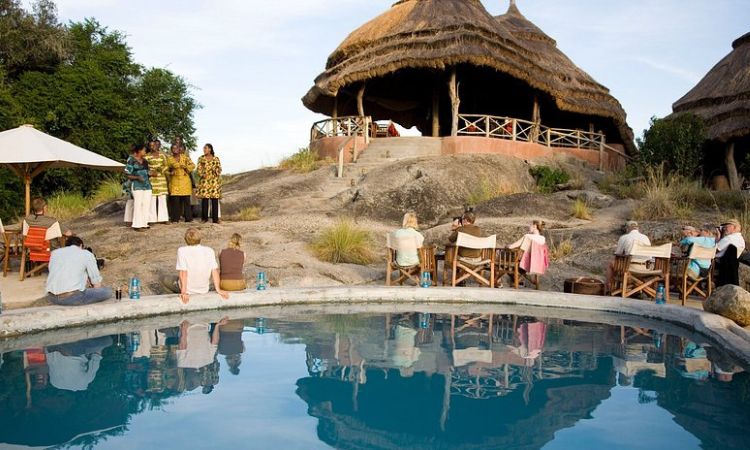
Hidden Costs to Budget For
The headline price isn’t everything. International flights from the US/Europe: $1,100-$3,500 round-trip to East Africa, $800-$1,500 to Southern.
Internal transfers: Charter flights $300 one-way; road safaris add $50-$100/day for fuel.
Visas: $30-$50/country.
Park fees: Baked in for most, but $20-$80/day extra if DIY.
Tips: $10-$20/day for guides, $5-$10 for camp staff—total $200-$400/trip.
Activities: Ballooning $500, gorilla $800-$1,500.
Drinks/gear: $100-$300 for sundowners and binoculars.
For a 10-day mid-range Kenya-Tanzania safari: $5,000-$7,000 core + $2,000 flights + $500 extras = $7,500-$9,500/person.
Tips to Save on an African Safari
Here are practical ways to reduce safari costs while preserving the unforgettable experience, based on 2025 trends. Each tip is summarized for clarity:
- Book Low/Shoulder Season: Travel November-March for 20-30% discounts and fewer crowds, balancing cost savings with decent wildlife viewing despite potential rain.
- Choose Group Tours or Overlanding: Join group safaris or overland trips in Tanzania/Kenya ($150-$250/day) to share costs, ideal for budget travelers seeking social adventures.
- Skip Direct Flights: Fly via Europe to save $500 on international flights to Africa, trading time for significant cost reductions without losing safari quality.
- Use Local Operators: Book with local agencies to avoid 20-30% commissions charged by international agents, ensuring authentic experiences at lower prices.
- Combine Destinations: Pair Uganda’s gorilla trekking with Kenya’s plains for a 10-day trip ($6,000-$10,000), maximizing diverse experiences while spreading costs efficiently.
- Travel in Groups: Couples or families halve room and vehicle costs, avoiding solo supplements (up to 50% extra); child discounts further reduce expenses.
